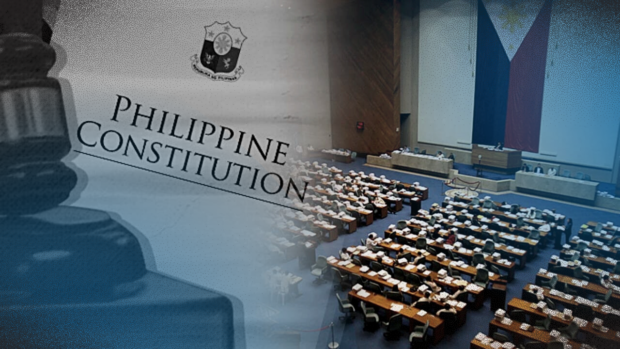House opposition finds ally: Paolo Duterte votes vs charter change

INQUIRER FILE PHOTO
MANILA, Philippines — The opposition in the House of Representatives has found an unlikely ally in Davao City 1st District Rep. Paolo Duterte when he voted against a bill seeking to amend the Constitution.
Duterte, the eldest son of former President Rodrigo Duterte and brother of Vice President Sara Duterte, voted against House Bill (HB) No. 7352 and Resolution of Both Houses (RBH) No. 6 because he said it was “not timely” to pursue such proposals.
The House earlier passed on third reading HB No. 7352, which if enacted will be the enabling law to RBH No. 6, which calls for the establishment of a constitutional convention to amend the Constitution.
Duterte was among the seven lawmakers who voted against the bill, which passed with 301 voting in its favor.
“This is to express our irresolution with the immediate approval of RBH No. 6. To reiterate, we are not in opposition against the said measure per se, but we suppose that it is not timely. Our country is facing more pressing social and economic issues, like inflation and poverty among others, that we need to prioritize,” Duterte said.
“Billions to be allocated for a constitutional convention could be allocated instead to other programs intended to improve the living conditions of thousands of Filipino families,” he added.
His reasons are somewhat similar to the explanation given by President Ferdinand Marcos Jr. for not prioritizing charter change. During his flight back from his official visit to Japan, he said there were many things that needed to be done first and that changing the Constitution would not be needed to attract foreign investments.
‘Dangerous, costly’
Gabriela party-list Rep. Arlene Brosas maintained that amending the Constitution through a constitutional convention would be risky.
“This con-con is quite dangerous because we are ceding to 300 delegates the process of changing our Constitution, which would not only focus on the economic provisions,” she said in Filipino.
“It is clear in the mind of this lawmaker: The sponsor of the bill admitted that nothing prevents delegates from talking about term limits, the form of government, martial law provisions, and other securities in the current Constitution.”
She also pointed out that the constitutional convention would be too costly as delegates, to be elected by the people, would get an allowance of P10,000 for each day of attendance.
Basilan Rep. Mujiv Hataman echoed the stand of Albay 1st District Rep. Edcel Lagman that RBH No. 6 should also be approved by the Senate before its implementation bills could be discussed.
“Although the House of Representatives has already approved RBH No. 6, the Senate has yet to take action on the measure. What this means is that RBH No. 6 is still pending the Senate,” Hataman said, speaking in a mix of English and Filipino.
“Why are we attempting to pass an implementing law for RBH 6 when, as it is right now, it is not yet ‘implementable’, so to speak, because it still lacks Senate approval?” he asked.
A constitutional convention is one of the three ways the Constitution can be amended, the other two being to convene Congress as a constituent assembly or go through a people’s initiative.
HB No. 7352 outlines the regulations that would be followed in implementing RBH No. 6.
The House proposal uses the suggestion of former Supreme Chief Justice Reynato Puno to use a hybrid constitutional convention where some of the members would be appointed by the House speaker and the Senate president.
Puno said this would ensure that the body would not be dominated by political families.
RELATED STORIES
Charter change cost to hit P15 billion
Prioritize hunger, poverty response over Cha-cha — Binay, Hontiveros
Amid Cha-cha moves, Robin Padilla wants party-list system abolished: ‘Yan dapat una nating gibain’
Disclaimer: The comments uploaded on this site do not necessarily represent or reflect the views of management and owner of Cebudailynews. We reserve the right to exclude comments that we deem to be inconsistent with our editorial standards.
